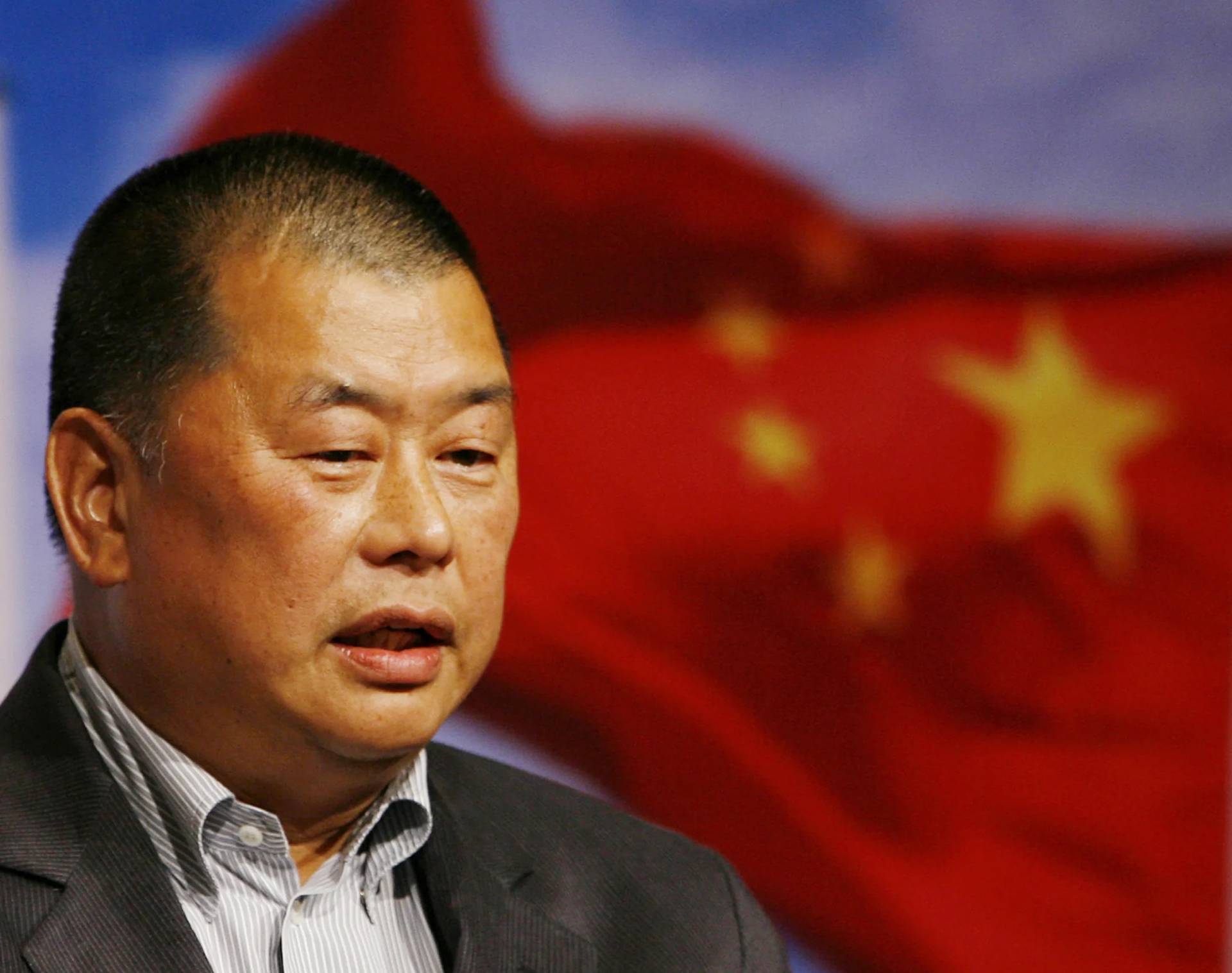ROME – An 84-year-old Jesuit priest who had been imprisoned in India since October 2020 died Monday morning in a hospital in Mumbai where he had been since May. He had been placed on a ventilator support on Sunday.
Father Stan Swamy’s lawyer informed the Bombay High Court of his death on Monday, and soon after the news broke reactions began pouring in. The imprisonment of the priest, who had Parkinson’s disease, had generated international uproar, with even the United Nations Hight Commissioner for Human Rights expressing concerns over the way the priest was being kept while awaiting trial.
“With a deep sense of pain, anguish and hope we have surrendered Fr. Stan Swamy, aged 84, to his eternal abode on July 5 2021,” says a statement released by Father Jerry Cutinha, the head of the priest’s Jesuit province.
Swamy spent his life advocating for the rights of the Adivasis, Dalits and other marginalized communities in India, so that “the poor may have life and life to the full, with dignity and honor,” Cutinha wrote.
The late priest, who many on social media are already describing as a “martyr,” had tested positive for COVID-19 two days after he was hospitalized.
Shashi Tharoor, former undersecretary general of the United Nations, said on Twitter that he was “sad to learn” of Swamy’s passing. “A humanitarian & man of God whom are government could not treat with humanity. Deeply saddened as an Indian. RIP.”
Swamy was incarcerated Oct. 9, 2020, in Taloja prison in Mumbai. He was one of several human rights defenders accused of links with an extremist group called BK-16. India’s National Investigation Agency (NIA), which deals with anti-terror crimes, arrested him in connection with a 2018 incident of caste-based violence and alleged links with Maoists. The rebels, who are active in several eastern and central states in India, claim to be fighting for communist rule and greater rights for tribal people and the rural poor.
The activists have all been repeatedly denied bail under a sweeping anti-terror law, which many observers believe is now being mainly used to crack down on dissent. Swamy’s last bail hearing came in March, when the Supreme Court refused to let him go into house arrest. He was scheduled for another bail hearing on Tuesday.
Follow Inés San Martín on Twitter: @inesanma














